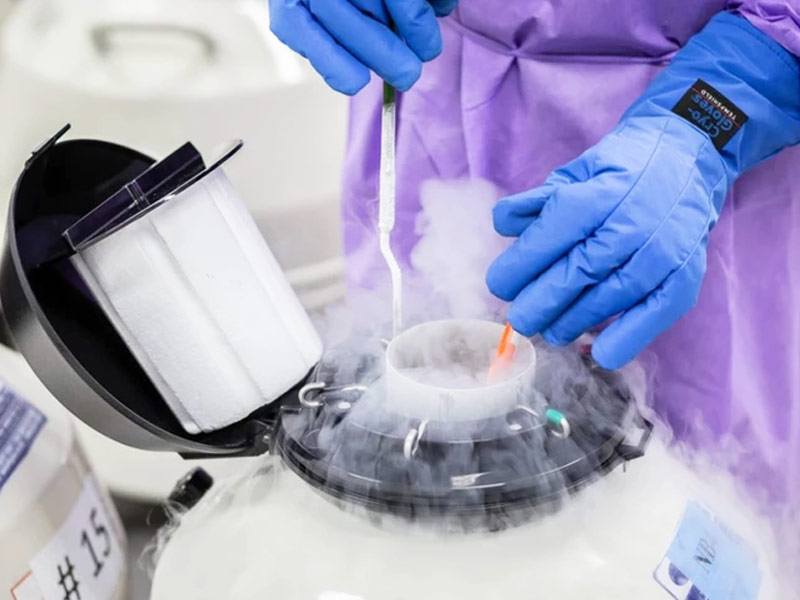IVF egg freezing is a breakthrough medical procedure that is quickly becoming popular. Many pregnancies and deliveries have been derived from frozen eggs. Fortunately, the results have been impressive. Many studies have not seen any abnormalities in terms of:
- Organ formation
- Birth weight
- Stray chromosomes
IVF egg freezing technologies give you the option to align your priorities without having to worry about your biological clock. If this is a route you are considering, below are some of the things you need to know about IVF egg freezing:
What is egg freezing?
Egg freezing (also known as oocyte cryopreservation) involves the retrieval as well as storage of a woman’s eggs. This gives women more flexibility when they choose to embark on their fertility journey.
Prior to the retrieval, production of eggs will be accelerated through the use of fertility drugs. The eggs are retrieved in a process that is similar to IVF. The eggs are also stored until they are ready to have a child.
What is the ideal age for egg retrieval?
While the eggs can be retrieved at any age while the woman is still fertile, some research indicates that retrieving eggs when the woman is younger can improve one’s chances of having a baby in the future. Generally, the best time to have the eggs retrieved and frozen is below 35 years of age.
Thirty five is the maximum age for those who want to have better chances of conceiving. However, retrieval of eggs earlier (say in your twenties) is even better. However, for women who want to pursue the egg freezing route, it would be ideal to delay childbearing until they are ready.
How long can you freeze eggs for IVF?
Using advanced egg freezing methods, the eggs can be frozen indefinitely without the risk of weakening them. In European countries like the United Kingdom, they have proposed legislation to increase the storage limit of eggs for up to 55 years.
In other countries like the United States, there is no limit to the number of years an egg can be frozen. As long as the retrieval and freezing are done accordingly, time is not a factor.
What are the chances of conception after an egg has been frozen for a long time?
Many IVF specialists have been able to fertilize eggs that were frozen for 14 years. Others were also able to successfully create embryos from eggs that have been frozen for a decade. Those success stories are considered enough proof that the number of years the egg is frozen won’t affect one’s chances of achieving pregnancy through frozen eggs.
Who can benefit from long-term freezing of eggs?
Long-term freezing of eggs can benefit those women who want to pursue other priorities before having a child. That said, you can have your eggs retrieved in your early 20s and have your child when you are 35 or 40.
Long-term freezing will also give you enough time to search for a sperm donor, if that is what you want. You are also spared from the pressure of searching for a sperm donor since you won’t be losing your eggs anytime soon.
Egg freezing can also benefit women who have medical conditions that affect their ability to conceive in the future. If you undergo a hysterectomy for one reason or another, your surgeon has the option to retrieve your eggs and freeze them until you find a surrogate.
Nowadays, many fertility centers have advanced technologies and skilled staff and can help manage fertility with ease. They can also help retrieve and freeze eggs for as long as you possibly want.

